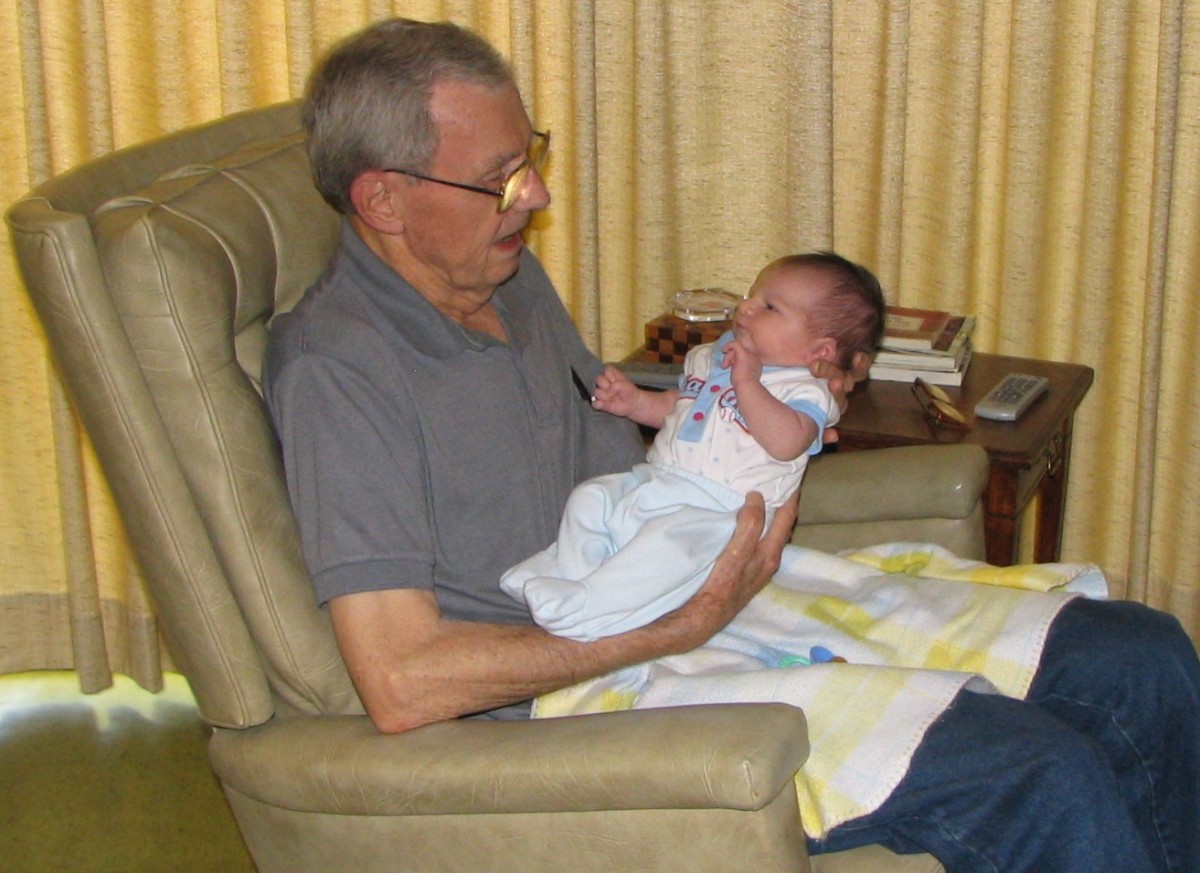Common Misconceptions about Probate
Common Misconceptions about Probate
There are many misconceptions about probate because we rarely experience it. Those who do fight over inheritances don’t make it in the news unless a celebrity name or bizarre demands are involved. Here are some of the most common misconceptions about probate and the truth behind them.

I Have to Leave It All to My Family
You can leave your estate to whomever or whatever you want within reason. That’s an uncommon cause of inheritance disputes landing in court, but it does occur. For example, you can leave all of your assets less what is necessary to pay off your debts and bills to the charity of your choice. A well written will or trust can be used to give it all away and leave nothing to charity. Poorly written wills can leave the charity and your ex-wife fighting over the money. That’s one reason why charities ask you to set up a charitable trust that pays you a stipend while you’re alive but gives the money to them when they die.
It is possible to set up a trust to support pets after you die, though it may be better to will the pets to a family member or friend and gift them money for the pet’s care.
People can also name friends and employees as recipients of property or money. Just know that a large bequest in your will or an updated will that names them a major beneficiary will result in your heirs calling a probate lawyer, because it is so suspicious.
I Don’t Need a Will, Since My Spouse and Children Will Get It All
Depending on the state you live in when you die, your surviving spouse could get everything. Or the assets will be divided according to statutes that outline who gets what percentage of your assets. Your money may be split three ways between your spouse, your parents and your children. You can’t prevent ungrateful children from a first marriage demanding a share of what the children of a second marriage may get. Matters become more complicated if you have received an inheritance, mingled the assets, and that property is now being given in equal shares to your step children as your biological children. Save your family from a fight in probate court and draft a will.
I Have a Will from Ten Years Ago, so I Don’t Need to Change Anything
Those cute innocent children may have grown up into irresponsible adults. If you don’t update your will, the irresponsible kid and the responsible kid get equal shares of your estate. If an heir has died, whether it is your child or a sibling of yours, their heirs have a claim on your estate because you named that person as your heir. You’ll guarantee a nightmare for your family if you divorced and remarried since the old will was written.
The only major life change that doesn’t create issues is when your family celebrates new births. If your will mentions two children and a third child is born later, the state knows to divide up assets equally between the three children. If you mention your grandchildren as heirs, any new additions to the family will be treated equally unless you were disinheriting them.
Another problem arises when you draft a will in one state but are living in another when you die. The old will document may not be valid in the state where you’re living. Now you’re considered intestate, and the local laws take precedence over your previously stated wishes.
I Can Just Add Them to the Accounts and Deeds to Bypass Probate
In theory, adding someone as a joint holder on your bank account gives them access to it when you die. If you add them to the deed of your house, then they’ll receive more of the property upon your death. Understand that this also means your assets are at risk when your heir is sued, gets divorced or goes bankrupt.
Another issue is the tax implications. You just gave them half your house. You’ve altered the equations used to determine their inheritance taxes, if any, and may trigger gift taxes owed right now. You could also create the problem of them owning half the house when you die but the other half of the equity is divvied up in probate. If you haven’t left them the cash to buy out siblings for their fraction of your half of the house, the house is going to be sold. If you gift someone the house at the end of your life to try to protect the assets and go into the nursing home, now Medicaid claw-back provisions may apply. Talk to a probate lawyer instead of trying work-arounds that may not work.
Summary
Few of us want to admit we’re going to die, but it is necessary to take the time to draw up the proper legal documents, be it a will or trust. Don’t put off creating these documents or failing to update them periodically, or you’ll create further grief for your surviving relatives.
© 2019 Tamara Wilhite








